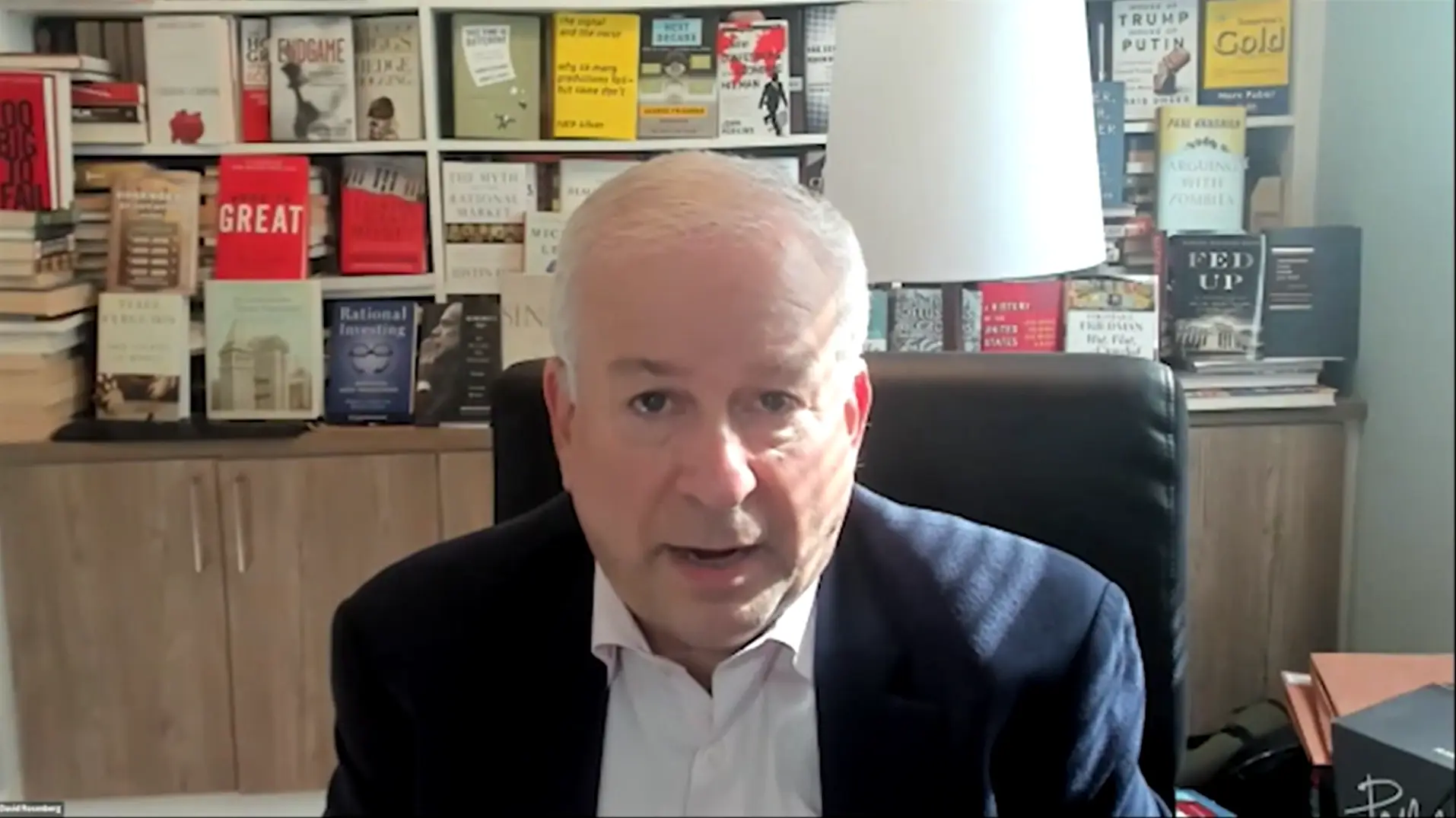When it comes to running a business, making sound economic decisions can feel like trying to solve a complicated puzzle. With so many moving parts and uncertainties, finding the right economic consultant can make all the difference in navigating this landscape.
You want someone who not only understands the numbers but also gets your specific needs and goals—like a partner who knows how to help you steer your ship through choppy waters. In this guide, we’ll walk you through everything you need to consider when selecting an economic consultant, from essential qualifications to identifying the right expertise that matches your unique challenges. Let’s dive in!
Essential Criteria for Selecting an Economic Consultant
Educational background and certifications play a crucial role in determining a consultant’s capability. It’s the starting point to gauge their theoretical understanding of economic principles. While a bachelor’s degree is often sufficient, a candidate’s value significantly increases with a master’s or even a Ph.D. in economics or finance.
These advanced degrees indicate not only a higher level of knowledge but also critical thinking skills honed through rigorous academic training. For example, professionals boasting credentials like the CFA (Chartered Financial Analyst) or CBE (Certified Business Economist) are often seen as more credible due to the depth of their expertise. These designations signify that they have gone the extra mile to understand complex financial concepts, which can be vital when navigating challenging economic landscapes.
Licenses and regulations come next in importance. It’s paramount for any consultancy to verify that their prospects conform to industry standards and possess necessary licenses. The Bureau of Labor Statistics can serve as a valuable resource here, providing details on lawful practitioner requirements within your region. This step helps ensure that the consultant you’re considering adheres to all legal frameworks relevant to economic consulting and understands the regulations that might affect your specific industry.
Another critical area to examine is ethical considerations. It’s essential for consultants to operate with integrity, especially when sensitive business information is at play. You’ll want to check if they adhere to recognized ethical codes—a good benchmark might be recommendations from reputable organizations such as the American Economic Association. They help ensure that the consultant you’re evaluating stands by principles that align with your company values.
After confirming these foundational elements, it’s equally important to assess a candidate’s track record and areas of specialization. Economic consultants come from diverse backgrounds; some may excel in qualitative assessments while others might focus on quantitative analysis. Understanding where they shine can spotlight how well they may fit into your current needs. It’s beneficial to inquire about previous successful projects or case studies that reflect their capabilities in real-world settings—doing so can provide invaluable insights into how they might tackle your unique challenges.
Selecting an economic consultant requires careful navigation around educational credentials, compliance with regulations, adherence to ethical standards, and demonstrable experience in specializations relevant to your business needs.
With these essential factors in mind, assessing professional backgrounds will be the next crucial step in ensuring you find the right fit for your organization.
Evaluating Professional Expertise and Experience
The journey of selecting an economic consultant involves more than just skimming through resumes; it’s about identifying the quality and relevance of their experience in relation to your specific needs. When assessing candidates, prioritize those who have accrued years of relevant experience. This aligns with industry standards, as 82% of clients prefer consultants with substantial expertise in their sector.
Understanding the nature of this experience is just as critical. Investigate whether the consultant has successfully executed projects closely mirroring your requirements. A consultant well-versed in handling financial forecasts, for instance, will provide valuable insights tailored to your business’s unique challenges.
Reviewing Case Studies
One effective strategy during your evaluation is to examine case studies that many reputable consultants provide. These documents serve as snapshots of past projects and can reveal much about a consultant’s methodological approach and problem-solving capabilities. They not only bolster their narrative but also give you an idea of how they function under various conditions.
If a consultant highlights a project where they increased revenue or improved operational efficiency by a certain percentage, it reflects their capacity to drive meaningful change. Recognizing these metrics provides clarity on whether their expertise aligns with your expectations.
It’s not just about numbers; ask the consultant about their strategies for achieving these results. This inquiry brings to light their thought processes, adaptability in troubleshooting, and ability to innovate under pressure—all qualities essential for successfully navigating economic challenges that your business may face.
As you siftt through this wealth of information, remember that practical experience is vital; understanding how they approach strategic planning will further ensure alignment between their methods and your organization’s goals.
Analyzing Strategic Planning Capabilities
When analyzing the strategic planning capabilities of an economic consultant, one must remember that mere innovative ideas are not enough. Just imagine hiring a consultant who presents an exciting but impractical strategy. Such a scenario underscores the importance of actionable and sustainable solutions embedded within their proposals. Focus on how well the consultant can create plans that not only sound great on paper but also have the potential for effective implementation.
Key Metrics
Start by evaluating how consultants define clear, measurable goals and success metrics. They should provide concrete indicators to track progress and assess performance. A strong consultant will articulate their success metrics upfront and tie them directly to your business objectives. They should be proficient in various analytical methods that bolster their strategic planning, such as SWOT analysis, which helps identify both internal strengths and weaknesses as well as external opportunities and threats.
Another critical aspect lies in their proficiency in financial modeling and strategic forecasting. If a consultant demonstrates a robust understanding of these areas, it indicates they can provide realistic estimates about future performance scenarios and align those projections with actionable steps for your business.
Execution and Monitoring
Once you’ve established the quality of a consultant’s planning capabilities, ask about their approach to execution and monitoring. Effective consultants understand that strategy isn’t static; it requires adaptation based on real-time results. Inquire about how they monitor progress against set KPIs (Key Performance Indicators) and make adjustments when necessary.
A systematic approach to tracking metrics using specialized software tools indicates that the consultant values data-driven decision-making. This level of diligence allows for timely intervention when a strategy isn’t yielding expected outcomes, fostering the adaptability that every business needs in today’s dynamic market.
With this understanding of strategic capabilities, we can now turn our attention to how various services offered by consultants may cater specifically to your business needs and aspirations.
Understanding Services and Specializations
When seeking an economic consultant, it’s crucial to recognize that different consultants focus on a range of services based on their unique specializations. By understanding these offerings, you can better align the consultant’s skills with your specific business needs. The breadth of services can play a significant role in determining whether a consultant is a good fit for your situation.
Breadth of Services
Consultants typically offer services that may include:
Market Analysis: This involves studying market trends and consumer behavior to help businesses strategize effectively.
Financial Advisory: Consultants provide advice on financial management, investments, and economic strategy tailored to enhance profitability.
Risk Management: This service focuses on identifying potential risks within a business framework and devising strategies to mitigate them.
Policy Planning: Economic consultants assist organizations in understanding and implementing public policies that affect their operations.
Economic Impact Assessments: These assessments evaluate the potential economic implications of certain projects or policies, guiding companies in decision-making.
At Rosenberg Research, we specialize in not only offering detailed market analysis but also providing actionable insights for effective policy planning and comprehensive financial advisory. This holistic approach enables organizations to make informed decisions backed by robust economic data and expertise.
With this understanding of various services and specializations, you’ll be empowered to select a consultant whose skill set matches your requirements, promoting a successful partnership where clear objectives can be met. As such, it is important to explore how previous client experiences and recommendations can further inform your decision-making process.
Reviewing Client Feedback and Recommendations
When considering hiring an economic consultant, a strong first step is to sift through client feedback. This isn’t just about seeing how many stars they have or reading a few scattered compliments online; it’s about gathering insights that can guide your decision-making process effectively.
Remember, testimonials often reflect real experiences, providing you with an unfiltered glimpse into a consultant’s performance. Think of it as gaining access to behind-the-scenes information before making your choice.
Sources of Reviews
A good approach when looking for reviews is to check both the consultant’s official website and third-party platforms. While their own website might flaunt glowing testimonials—often heavily curated—it’s essential to compare these with feedback on sites like Google Reviews or LinkedIn.
These sources tend to offer a more balanced view of their strengths and weaknesses since they are less likely to be moderated. Feedback from previous clients gives you valuable perspectives on how the consultant interacts with clients, meets deadlines, and handles complex economic scenarios.
It’s also wise to look beyond just words. Pay attention to patterns in the feedback; if multiple clients mention a specific strength, like expertise in data analytics or responsiveness to queries, take note! This can give you confidence that you’re not merely reading claims but rather looking at measurable outcomes from past engagements.
Find the Perfect Economic Consultant for Your Business
Choosing the right economic consultant can redefine your business strategy. Gain expert insights tailored to your specific challenges, ensuring sound decisions and sustainable growth. Discover how to navigate qualifications, assess expertise, and align consultant skills with your business goals.
Take the first step toward strategic success—contact Rosenberg Research for tailored guidance and solutions that elevate your business potential. Sign up for a free trial today or call us at 416-583-5566 to explore how we can support your journey.


